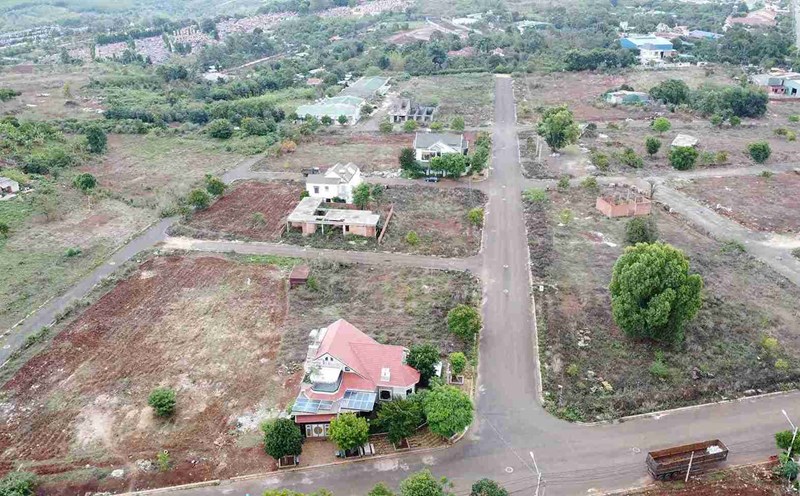While the world is still struggling with viruses and bacteria, a study from the University of Manchester (UK) has recently warned that climate change is paving the way for " From within" mushrooms to flare up strongly, threatening the health of millions of people around the world - CNN reported.
Mushrooms are everywhere - in soil, water, air, even on our bodies. But not all are harmless. Some mushroom species, especially Aspergillus, can cause aspergillosis - a dangerous infectious disease that attacks the lungs, with a mortality rate of 20% to 40%.
According to the research team, Aspergillus flavus - a warm- climate-loving fungus - could expand its growth range by 16% if the world continues to emitt strong emissions. This species is not only resistant to drugs but can also damage food, threatening food security.
Meanwhile, Aspergillus fumigatus - usually resident in the temperate region - is forecast to encroach deep into Northern Europe, China, North America and even Russia if global temperatures continue to rise. By 2100, the distribution of this species could increase to 77.5%, leaving nearly 9 million people in Europe at risk.
The worrying thing is that as the Earth warms, fungi are also adapting to withstand higher temperatures - a mandatory condition for survival and development inside the human body.
Combined with extreme weather changes, such as floods, droughts, and storms - which help spreadepices far away - the risk of fungal outbreaks becomes more present than ever.
Healthy people may not be affected, but for those with asthma, cancer, organ transplants, or who have had severe flu/COVID-19, fungal spores can silently develop and "eat" internal organs from within.
Each year, fungi kill an estimated 2.5 million people, but are hardly mentioned as much as viruses or bacteria. It is even more frightening when there are only 4 groups of antifungals available, and resistance is increasing.
According to scientists, humanity is not ready to deal with the wave of mushroom epidemics that are quietly spreading along with the warming climate.
" any of us can be the next victim," Professor Elaine Bignell, University of Exeter, warned.









